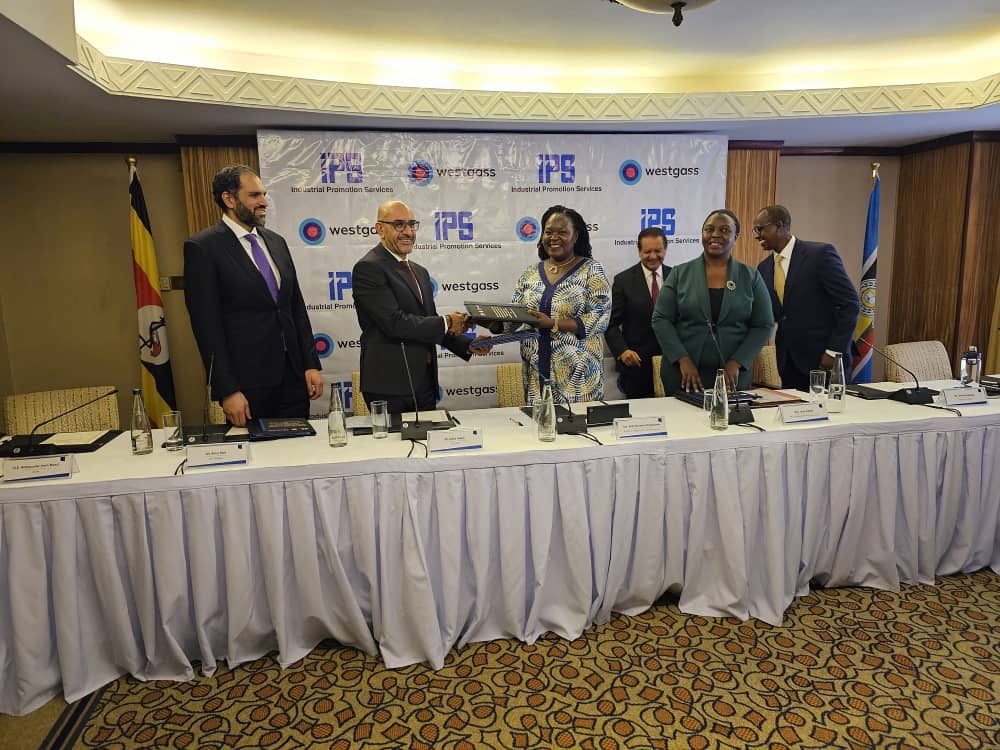Uganda Embraces Green Hydrogen Partnership for Agricultural Revolution

The government of Uganda has entered into a joint development agreement with Industrial Promotion Services Limited (IPS) Kenya and Westgass International for the establishment of a green hydrogen-based fertilizer plant. This plant will be situated in Karuma, Kiryandongo District, within the Bunyoro sub-region, taking advantage of its proximity to the 600MW Karuma Hydropower Plant. The agreement signifies a strategic initiative to advance sustainable agriculture and diminish import dependence.
Westgass Hydrogen, a green energy company dedicated to expediting the shift from fossil fuels in Europe and emerging markets, is involved in this endeavor. Ruth Nankabirwa, the Minister of Energy and Mineral Development (MEMD), who represented the government in the signing, expressed Uganda’s commitment to embracing green technology to revolutionize its agricultural sector and emerge as a regional leader in sustainability. She announced that the ministry has pledged a minimum supply of 100MW from the Karuma HPP and allocated 25 acres of land to support this innovative project.
“This project will not only decrease reliance on imported fertilizers and empower farmers but also stimulate Uganda’s green hydrogen economy, driving innovation in mobility, power generation, oxygen production, and other vital sectors,” she stated.
The project will be facilitated by the Presidential Advisory Committee on Exports and Industrial Development (PACEID), with the aim of enhancing domestic fertilizer production, enhancing food security, and creating economic opportunities for farmers. According to Odrek Rwabwogo, the Chairman of PACEID, the project is anticipated to advance Uganda’s export-oriented objectives.
“By harnessing Uganda’s abundant natural resources and innovative technologies, this project is poised to propel the agricultural sector towards achieving the ambitious $6 billion export target,” Rwabwogo remarked.
“PACEID’s mandate is to enhance export capacity, explore market opportunities, and cultivate a conducive environment for agricultural enterprises, ultimately benefiting farmers, rural communities, and the nation as a whole,” he added.
Galeb Gulam, the Chief Executive of IPS, emphasized that the multifaceted project will contribute to fostering low-carbon economic development and promoting sustainable agriculture.


Comments are closed.